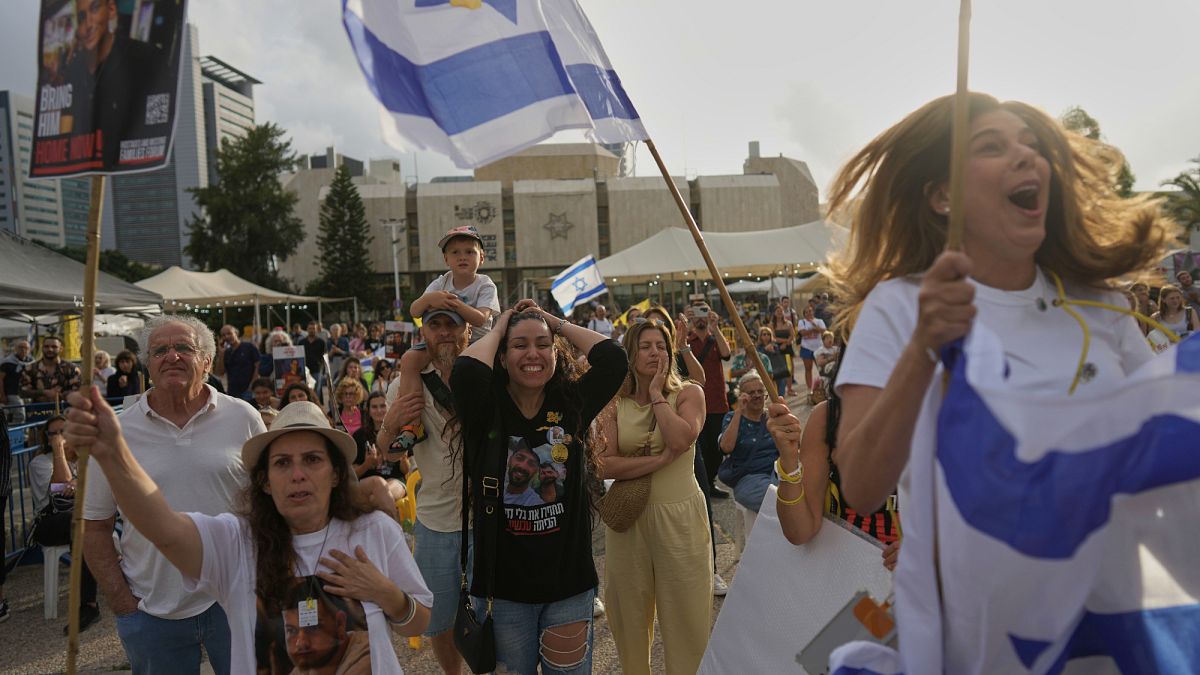The memorials, organised by bereaved relatives rather than the government, reflected growing divisions within Israeli society over Prime Minister Benjamin Netanyahu’s leadership and his handling of the war.
In Gaza, the Israeli offensive continued to devastate the enclave, with tens of thousands killed and most of the population displaced amid widespread destruction and famine. Many residents of Gaza City were fleeing a renewed Israeli invasion, while others were unable to leave due to high costs and damaged roads.
Indirect talks between Israel and Hamas resumed in Egypt’s Sharm el-Sheikh this week, focusing on a U.S.-backed peace proposal that includes a potential ceasefire and the release of the remaining 48 hostages held by the militant group.
The war began when Hamas-led militants launched a surprise attack on southern Israel, killing around 1,200 people and abducting 251 others. Israel’s retaliatory campaign has since killed more than 67,000 Palestinians, according to Gaza’s Health Ministry, which says women and children make up about half of the dead.
Rights groups have accused Israel of genocide, allegations it denies, saying its military operations target Hamas and are carried out in self-defence. The conflict has left Gaza in ruins and deepened anger and grief on both sides, with peace still appearing out of reach two years on.

